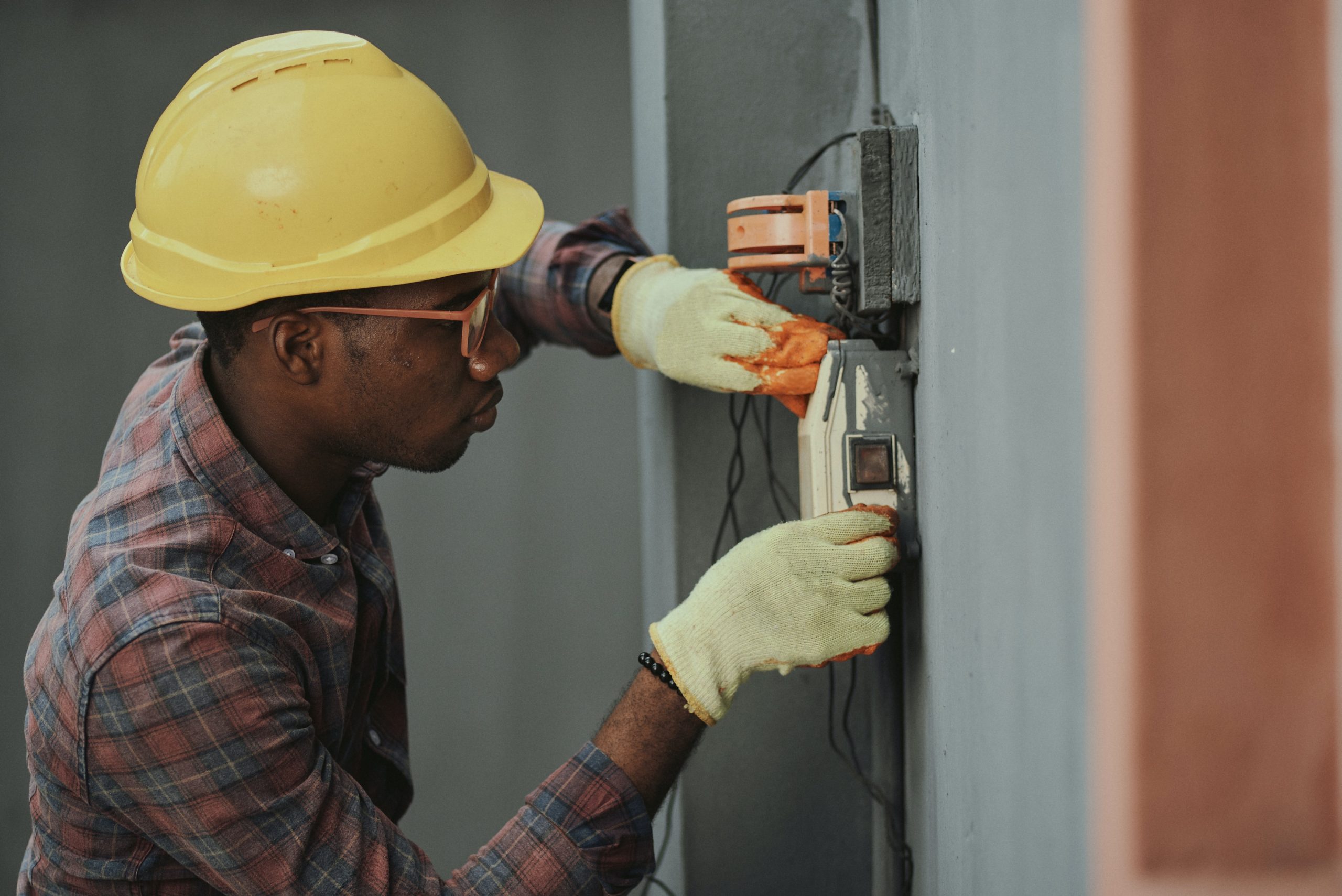Purchasing a home is a major investment that comes with a multitude of considerations, and one of the most crucial steps in the homebuying process is the home inspection. A home inspection provides you with a comprehensive assessment of the property’s condition, helping you make an informed decision and avoid potential costly surprises down the road. In this article, we’ll delve into the importance of home inspections and guide you through what to expect during the inspection process.
Understanding the Importance of Home Inspections:
- Uncover Hidden Issues: Even a well-maintained home can have underlying problems that aren’t immediately visible. A professional home inspector has the expertise to identify issues such as water damage, structural concerns, electrical problems, and more.
- Negotiating Power: If the inspection uncovers significant issues, you can use the findings to negotiate with the seller. This might involve requesting repairs, price adjustments, or other concessions based on the inspection report.
- Budgeting and Planning: Home inspections provide a roadmap for necessary repairs and maintenance tasks. This information is valuable for budgeting purposes and ensuring you’re prepared for any upcoming expenses.
- Safety and Peace of Mind: Ensuring the safety of your future home is paramount. Inspections help you identify safety hazards, such as faulty wiring, radon gas, or mold, allowing you to address these concerns before moving in.
What to Expect During the Inspection Process:
- Hire a Qualified Inspector: Begin by selecting a certified and experienced home inspector. Seek recommendations from your real estate agent, friends, or family members to find a reputable professional.
- Schedule the Inspection: Once you’ve found an inspector, schedule the inspection as part of the due diligence period. This is usually after you’ve made an offer but before finalizing the purchase.
- Attend the Inspection: While not mandatory, attending the inspection allows you to ask questions and gain a firsthand understanding of the property’s condition.

- Thorough Examination: The inspector will assess the property’s major systems, including the foundation, roofing, plumbing, electrical, HVAC, and more. They’ll also check for signs of water damage, pests, and other potential issues.
- Review the Inspection Report: After the inspection, you’ll receive a detailed report outlining the findings. This report will include descriptions of any identified issues, their severity, and recommendations for further action.
- Consult with Professionals: If significant issues are uncovered, consider consulting with specialists, such as structural engineers or electricians, for further assessment and estimates for repairs.
- Negotiate or Plan Repairs: Based on the inspection report, you can decide whether to negotiate with the seller for repairs or credits, or plan the repairs yourself post-purchase.
- Make an Informed Decision: Armed with the inspection report, you’ll be equipped to make an informed decision about proceeding with the purchase, renegotiating terms, or walking away if the issues are too substantial.
In conclusion, a home inspection is an invaluable tool in the homebuying process. It provides a comprehensive assessment of the property’s condition, allowing you to make an informed decision and plan for future maintenance and repairs. By understanding the importance of inspections and what to expect during the process, you’ll be better equipped to navigate the journey to homeownership with confidence and peace of mind.
I hope this blog post has been helpful. If you have any questions or would like to learn more about the home buying process, please don’t hesitate to contact me. I would be happy to help you find the perfect home for your needs.
Follow me on Instagram to stay connected!


 Facebook
Facebook
 X
X
 Pinterest
Pinterest
 Copy Link
Copy Link

